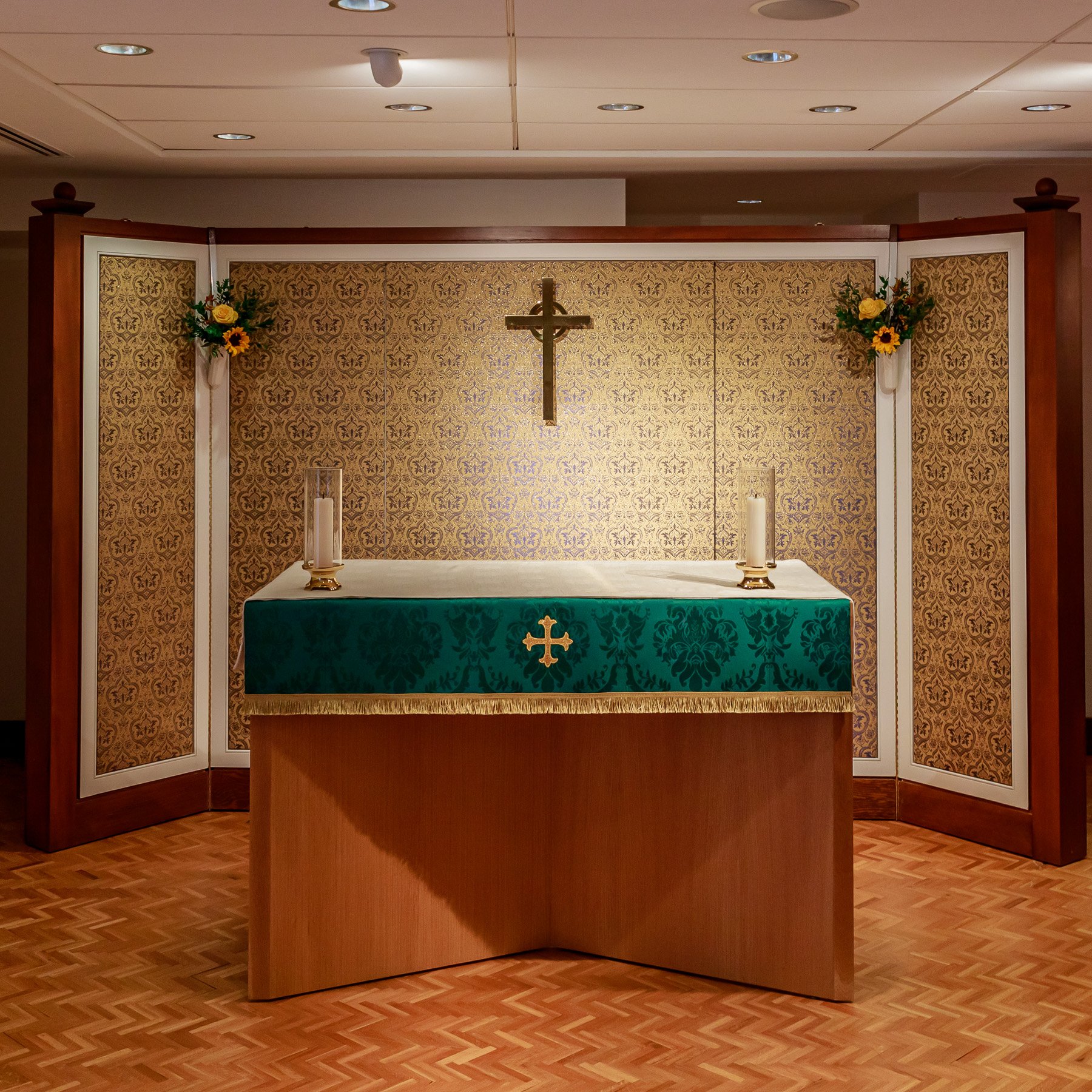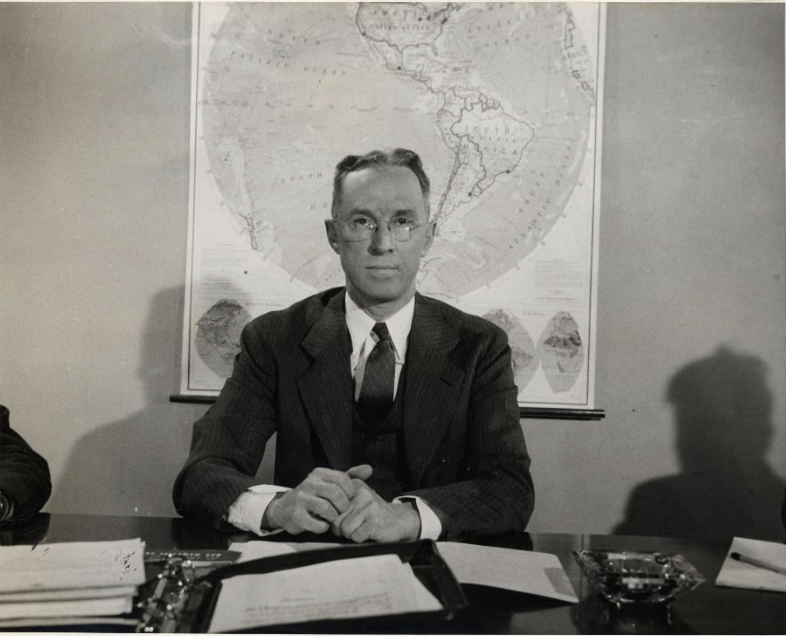
Edmund Douglas Campbell
Edmund Douglas Campbell
(March 12, 1899 – December 7, 1995)
Edmund Douglas Campbell (March 12, 1899 – December 7, 1995) was a lawyer and progressive politician who opposed the Byrd Organization, particularly its declared Massive Resistance to the U.S. Supreme Court decisions in Brown v. Board of Education. Edmund and his wife Elizabeth Pfohl Campbell were widely known for their efforts to improve and desegregate Arlington public schools.
Mr. Campbell was born on March 12, 1899, in Lexington, Virginia and was admitted to Washington and Lee University when he was 15 years old. He graduated as valedictorian of his class in 1918. Edmund then attended Harvard University and received a master's degree in economics before returning to study law at Washington and Lee. Upon graduating from the law school in 1922, Edmund moved to Washington, D.C. Years later in 1989, Washington & Lee University conferred an honorary doctorate of law degree upon him.
Mr. Campbell married Estelle Butterworth in 1926, and moved across to Arlington. Before her death in 1934, they had a son (who became Rev. Edmund D. Campbell Jr.) and a daughter (Virginia Campbell Holt). In June 1936, Campbell married Elizabeth Pfohl. Five years later in 1941, they had twin sons: Donald and Benjamin.
In the 1930s, Mr. Campbell served on the Arlington County Public Utilities Commission, which succeeded in reducing gas and electric rates. From 1940 until 1947, Campbell served on the Arlington County Board, including a term as chairman. He helped establish the county's first master zoning plan, and in his last term helped establish Arlington's first elected School Board (on which his wife Elizabeth would serve, including as chairwoman). He served as President of the District of Columbia Bar in 1961, and also lectured in law for National University in Washington.
In 1952 Campbell narrowly lost his one run for higher office, in the newly created 10th congressional district. The Byrd organization refused to support him because of his desegregation advocacy.
As an attorney, Edmund successfully argued a case overturning a Virginia law prohibiting racially integrated seating in public places. During the so-called “Massive Resistance” organized by Virginia Senator Harry F. Byrd to the Supreme Court’s desegregation mandate in Brown v. Board of Education, Mr. Campbell represented Norfolk parents and schoolchildren in federal court, which led to the 1959 decision in James v. Almond. That decision compelled Norfolk and Arlington to desegregate their schools. This led to successful desegregation of local schools across Virginia.
Campbell also represented northern Virginia legislators who complained that reapportionment after the 1960 census continued to under-represent the growing northern Virginia suburbs. The United States Supreme Court agreed in Davis v. Mann, leading to the famous "one man, one vote" holding.
In the midst of all his civil rights advocacy and while serving as president of the D.C. Bar in 1962, Edmund Campbell helped found St. Peter’s Episcopal Church in Arlington, Virginia.


